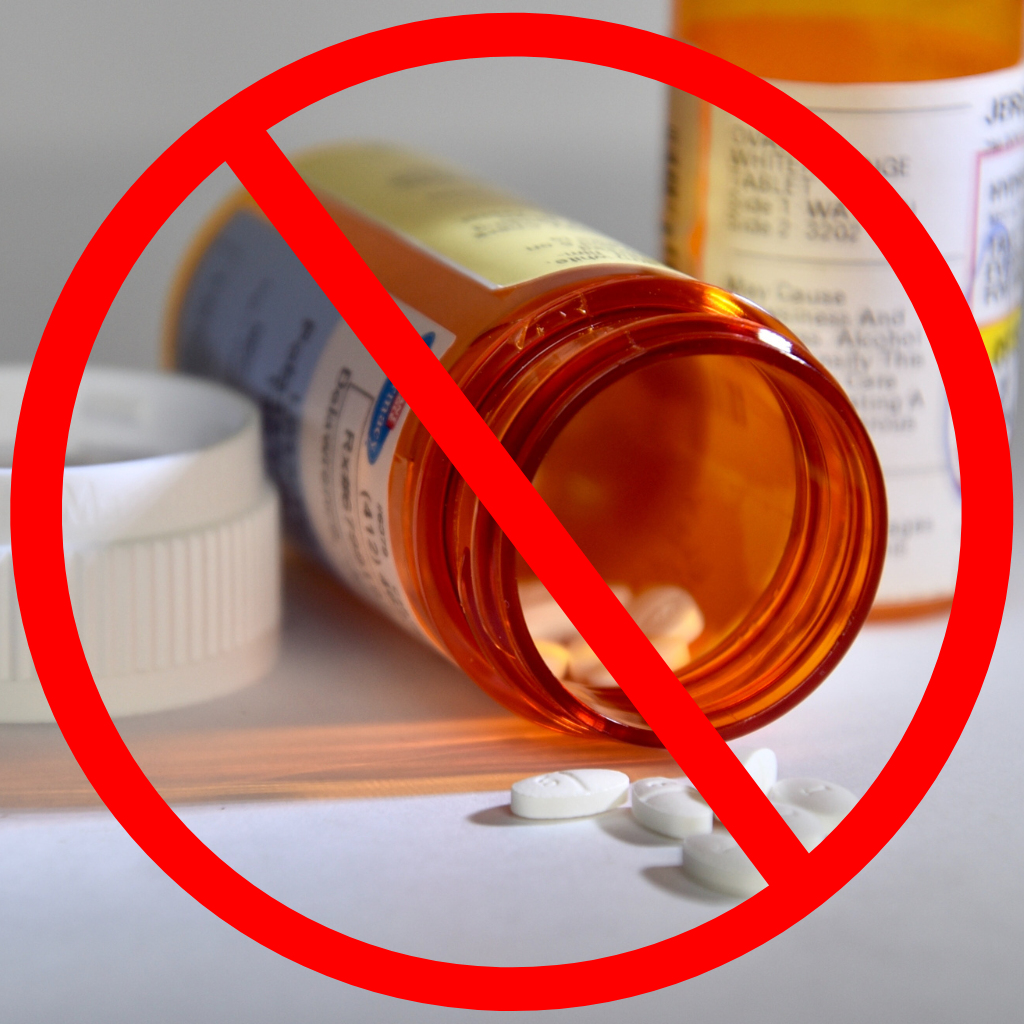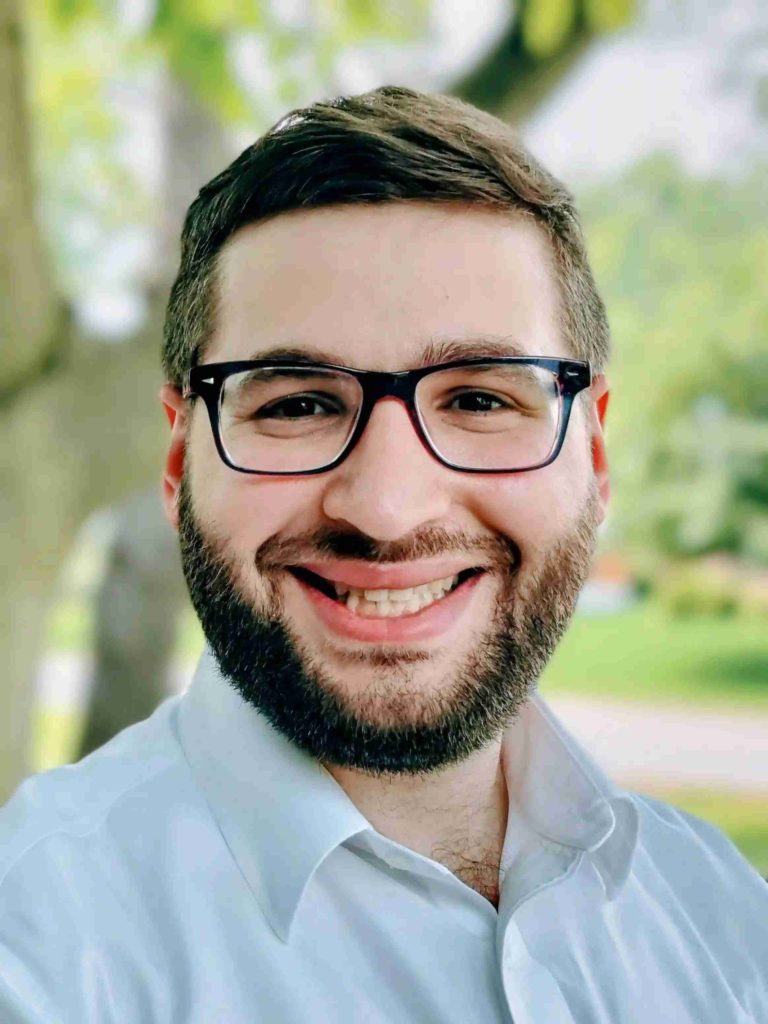OCD Treatment without Medication
The Most Effective Non Drug Interventions for OCD
Living with Obsessive-Compulsive Disorder (OCD) can be overwhelming, but the good news is that effective treatment options do exist beyond relying solely on medication. While medication can be beneficial for some individuals, many people prefer alternative methods due to concerns about potential side effects, dependency, or a desire for a more comprehensive approach and solution.
In this blog post, we will explore a range of effective strategies and techniques that can complement or even replace medication for managing OCD symptoms. Whether you’re seeking additional support or want to explore medication-free options, these proven methods can help you find relief and overcome OCD without needing to use drugs.

Call or email me for a free 15 minute consultation now (443) 296-2584.
1. Cognitive-Behavioral Therapy (CBT):
One of the most effective and widely recognized therapeutic approaches for OCD is Cognitive-Behavioral Therapy (CBT). This form of psychotherapy helps individuals identify and challenge irrational thoughts (obsessions) and behaviors (compulsions) associated with OCD. CBT provides practical tools and coping mechanisms to gradually reduce the intensity and frequency of these thoughts and behaviors, enabling individuals to regain control over their lives. Through regular sessions with a qualified therapist, CBT can produce long-lasting results without the need for medication.
2. Exposure and Response Prevention (ERP):
A key component of CBT for OCD is Exposure and Response Prevention (ERP). ERP involves deliberately exposing oneself to situations or objects that trigger obsessive thoughts, gradually building resilience and reducing anxiety. The individual learns to resist the urge to engage in compulsive behaviors, allowing the anxiety to naturally subside. This process is done under the guidance of a therapist and requires commitment and persistence. ERP is considered highly effective in retraining the brain’s response to anxious triggers, leading to significant symptom reduction, and does not require medication.
3. Mindfulness and Psychological Flexibility:
Practicing mindfulness techniques and developing psychological flexibility can be beneficial for individuals with OCD. Mindfulness involves paying attention to the present moment without judgment, cultivating awareness of one’s thoughts and emotions. By observing obsessive thoughts without reacting or getting caught up in them, individuals learn to experience their thoughts less urgently which reduces the accompanying distress.
Cognitive defusion is a powerful technique used in mindfulness practices to help individuals distance themselves from their thoughts and emotions. By observing thoughts without attaching to them or getting caught up in their content, cognitive defusion allows individuals to create a sense of space and freedom from the grip of their obsessive thoughts. This technique promotes a more flexible relationship with one’s mind, ultimately reducing the impact of obsessive thoughts on overall well-being. Incorporating cognitive defusion into mindfulness practice can provide individuals with a valuable tool for managing and overcoming OCD symptoms without needing medication.
Conclusion:
While medication can be an effective component of OCD treatment, it’s worth exploring alternative approaches, especially if you are hesitant about drug treatments for OCD. Cognitive-Behavioral Therapy (CBT), specifically Exposure and Response Prevention (ERP), has demonstrated remarkable results in managing OCD symptoms. Additionally, incorporating mindfulness and making developing psychological flexibility can complement these therapeutic interventions. Remember, the journey towards managing OCD is unique for each person, and finding the right combination of strategies often requires time and patience. By exploring therapeutic approaches to OCD treatment without medication, individuals can take proactive steps towards a healthier and more fulfilling life.
Therapy for OCD
I’m a licensed cognitive behavioral therapist specializing in treating anxiety disorders, OCD, and issues related to stress and worry. With my expertise, I have successfully helped individuals reduce symptoms of OCD and achieve fulfilling and meaningful lives without using medication. If you are struggling with OCD or finding it challenging to manage excessive worry, I can help you learn effective non-drug ways to reduce your anxiety. Give me a call today (443-296-2584), send me an email, or contact me here.
